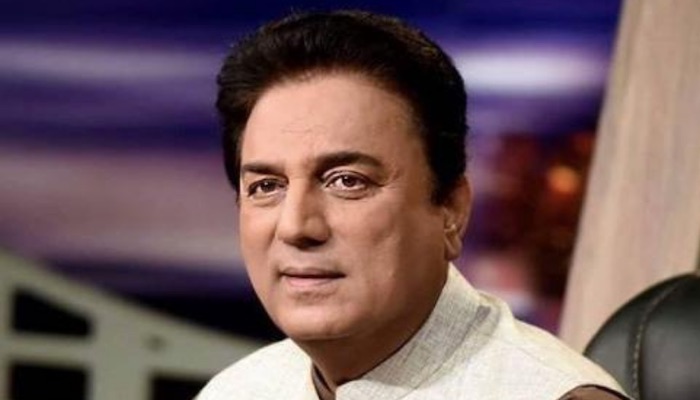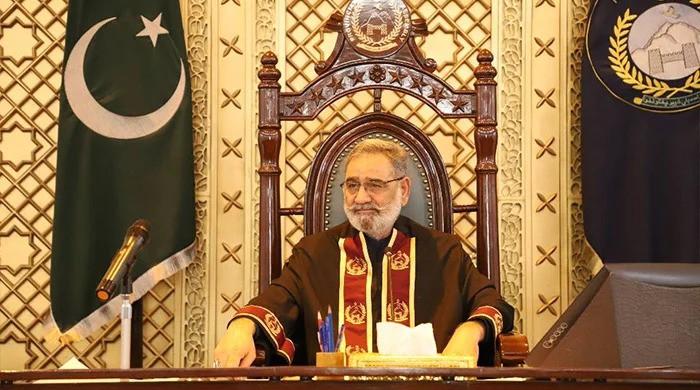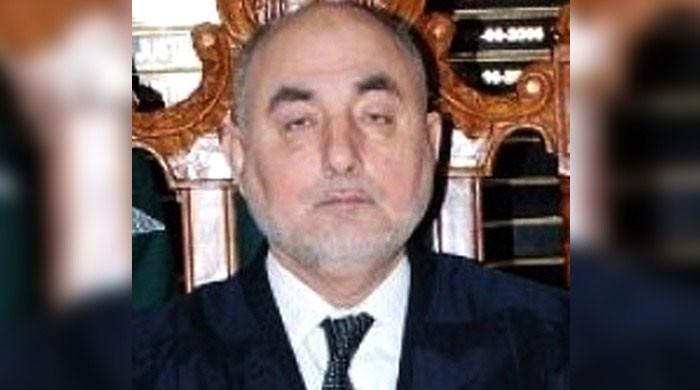IHC stops Naeem Bukhari from working as PTV chairman
Naeem Bukhari was appointed PTV chairman for three years by Imran Khan-led government in November 2020
January 14, 2021

- Naeem Bukhari barred from working as PTV chairman
- IHC directs ministry to send revised summary to the federal cabinet.
- IHC says appointment violates top court's Nov 2018 verdict.
ISLAMABAD: The Islamabad High Court (IHC) on Thursday restrained PTI leader Naeem Bukhari from working as chairman of Pakistan Television (PTV).
A single bench led by IHC Chief Justice Athar Minallah announced the decision while hearing a set of petitions challenging Bukhari’s appointment citing it a violation of a 2018 Supreme Court order in a similar case.
In today’s hearing, Justice Minallah questioned if the government had relaxed the age-limit prior to the appointment. To which, the Ministry of Information and Broadcasting said two summaries were forwarded to the federal cabinet on November 13 and 26.
The judge remarked that the federal cabinet did not make a clear decision on relaxing the age limit, adding that Bukhari was a respected figure but “no one was above the law”.
The ministry representative informed the court that the summaries contended Bukhari to be an experienced and worthy candidate for the post, adding that the federal cabinet had approved the summaries.
“Did you inform them of the apex court verdict? By omitting it, you are embarrassing the federal cabinet as well," observed the IHC chief justice.
Justice Minallah remarked that the court does not typically interfere in the executive’s decision and directed the ministry to place a revised summary before the federal cabinet for review of the previous decision.
The hearing was adjourned for two weeks.
The SC judgment
In a suo motu case on Ataul Haq Qasmi's appointment as chairman and director of the state-run television, the top court ordered the federal government to appoint a full-time managing director after fulfilling all legal, procedural and codal formalities strictly in accordance with the law.
The judgment, authored by former top judge Mian Saqib Nisar, noted that public officials, particularly heads of ministries who were elected representatives of the people, owed their allegiance and loyalty to Pakistan, the Constitution and the law. They were obligated to act accordingly and without being influenced by extraneous considerations.











